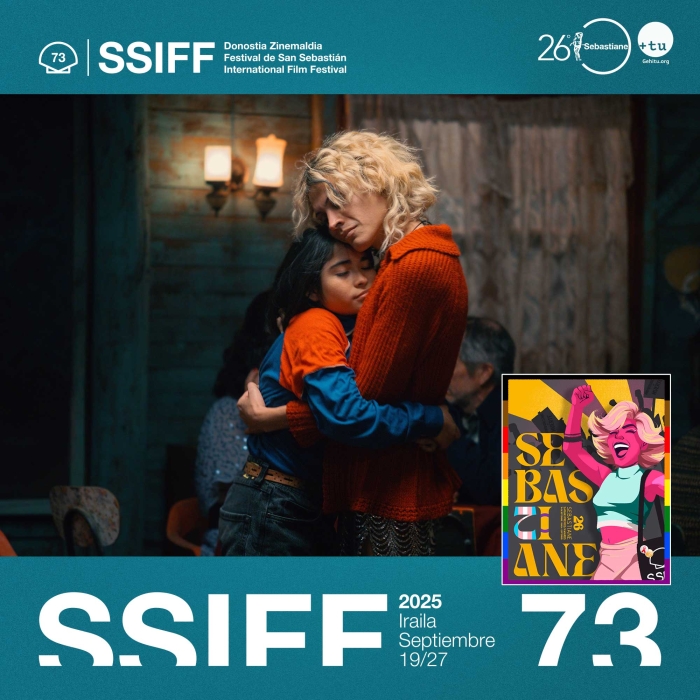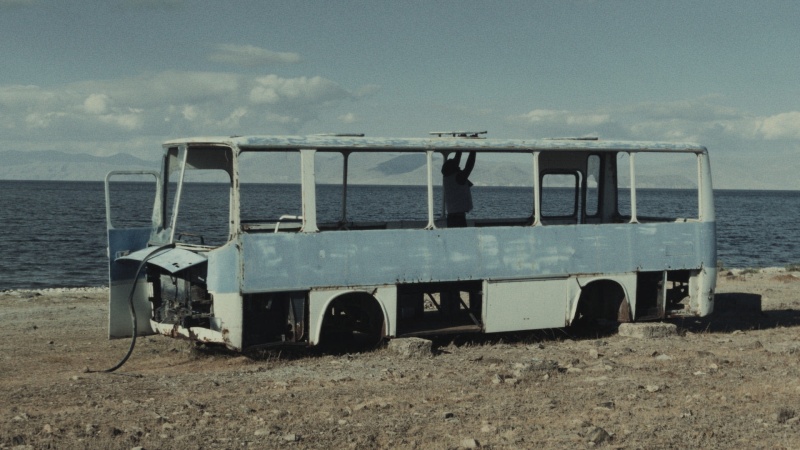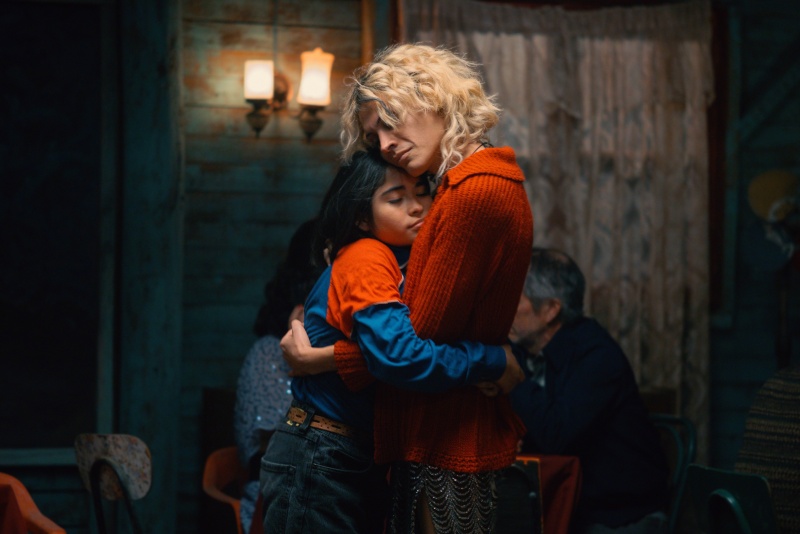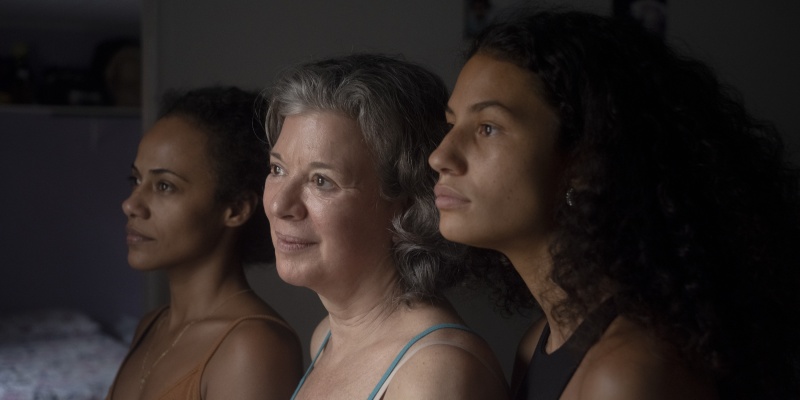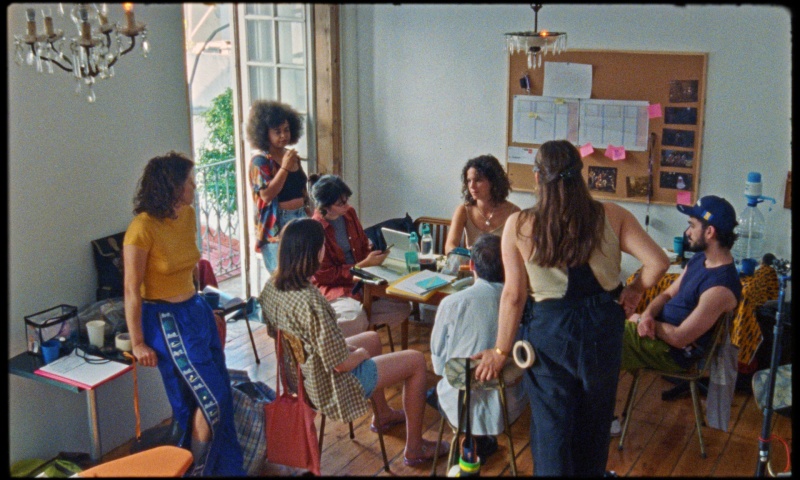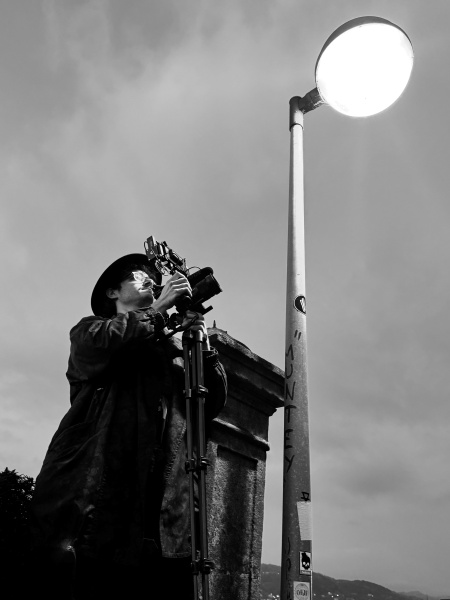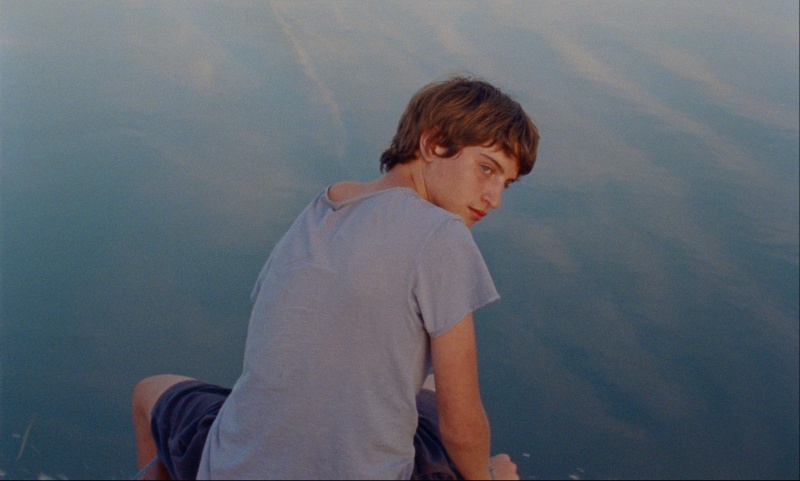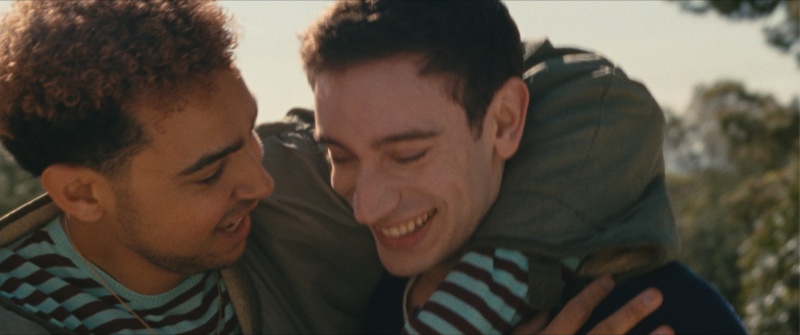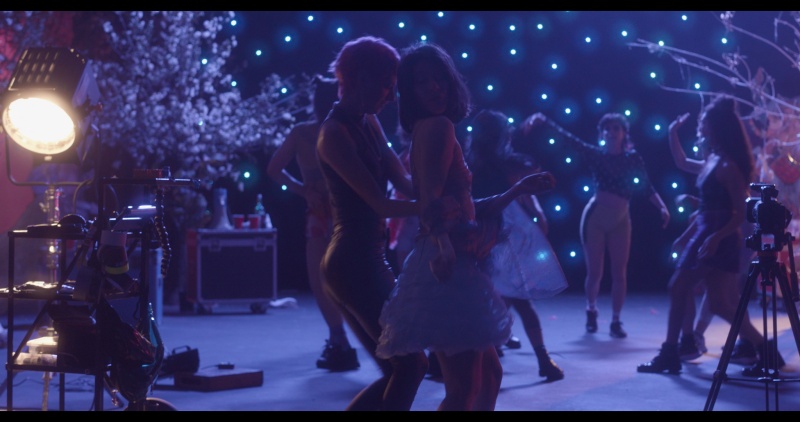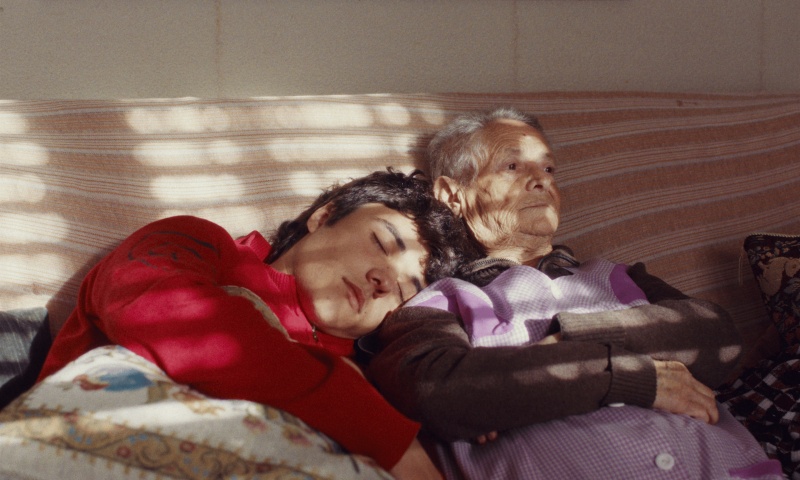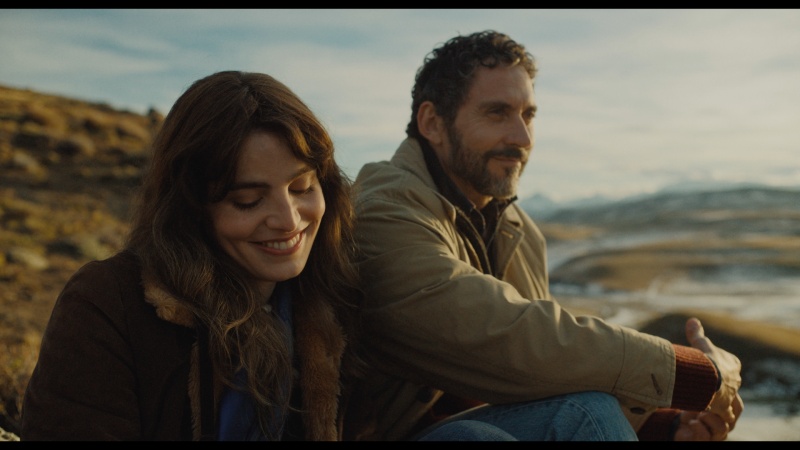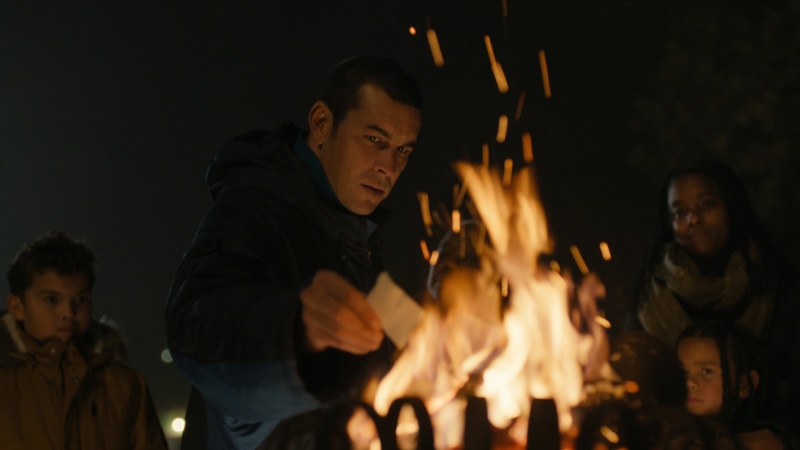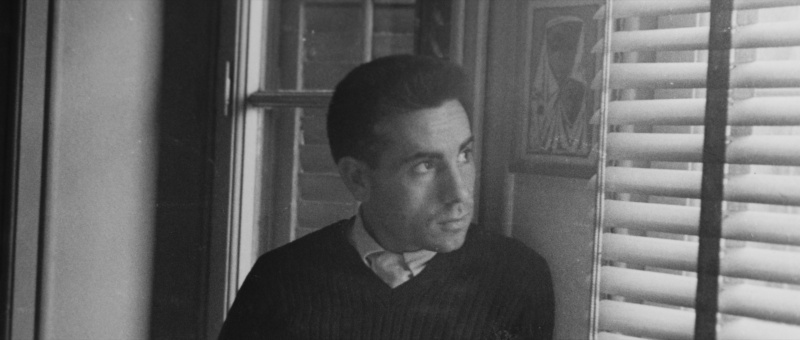The Basque Association of Gays, Lesbians, Transsexuals and Bisexuals will organise the 11th Meeting of LGBTIQA+ Festivals during the San Sebastián Festival, assisted by the Basque Agency for Cooperation and Solidarity (through Mugen Gainetik), the Spanish Ministry of Equality and Acción Cultural Española (AC/E)
The feature film La misteriosa mirada del flamenco / The Mysterious Gaze of the Flamingo, debut from the Chilean moviemaker Diego Céspedes scheduled to close the Horizontes Latinos section, has carried off the Sebastiane Award given by Gehitu, the Basque Association of Gays, Lesbians, Transsexuals and Bisexuals. The jury gives the award to a “Chilean road trip of revenge and fantasy reminding us that love must never be a reason for punishment: whether social or divine”. “We give the award to this film for its reflection of the scepticism and hatred prompted by fear of the unknown that we allow to take precedence over empathy and love”, reads the jury statement.
The award goes to the Latin American feature film that best defends the LGBTIQA+ demands and values. The film from Céspedes pipped the other four finalists at the post: Ato noturno / Night Stage, by Marcio Reolón and Filipe Matzembacher; Los inocentes / The Innocents, by Germán Tejada; Llueve sobre Babel, by Gala del Sol, and Un mundo para mí / Newborn, by Alejandro Zuno.
While still at its project stage, La misteriosa mirada del flamenco / The Mysterious Gaze of the Flamingo participated in the 2020 Ikusmira Berriak, where it won the post-production award. This year it will close San Sebastián Festival’s Horizontes Latinos section after having bagged the Un Certain Regard Award at Cannes. Diego Céspedes won the Nest Award with his first short film El verano del león eléctrico (2018), and with the second, Las criaturas que se derriten bajo el sol / The Melting Creatures (2022), participated in the Semaine de la Critique at Festival de Cannes as well as opening Zabaltegi-Tabakalera.
In keeping with tradition, the winning film of last year’s Sebastiane Latino Award will screen in different towns of Gipuzkoa during the first week of the San Sebastian Festival thanks to Gehitu’s collaboration with Mugen Gainetik and eLankidetza-Basque Agency for Cooperation and Solidarity. Brazilian director Marcelo Caetano will therefore attend screenings of the film Baby in Errenteria on 18th September, in Irun on 19th and in Deba on 21st.
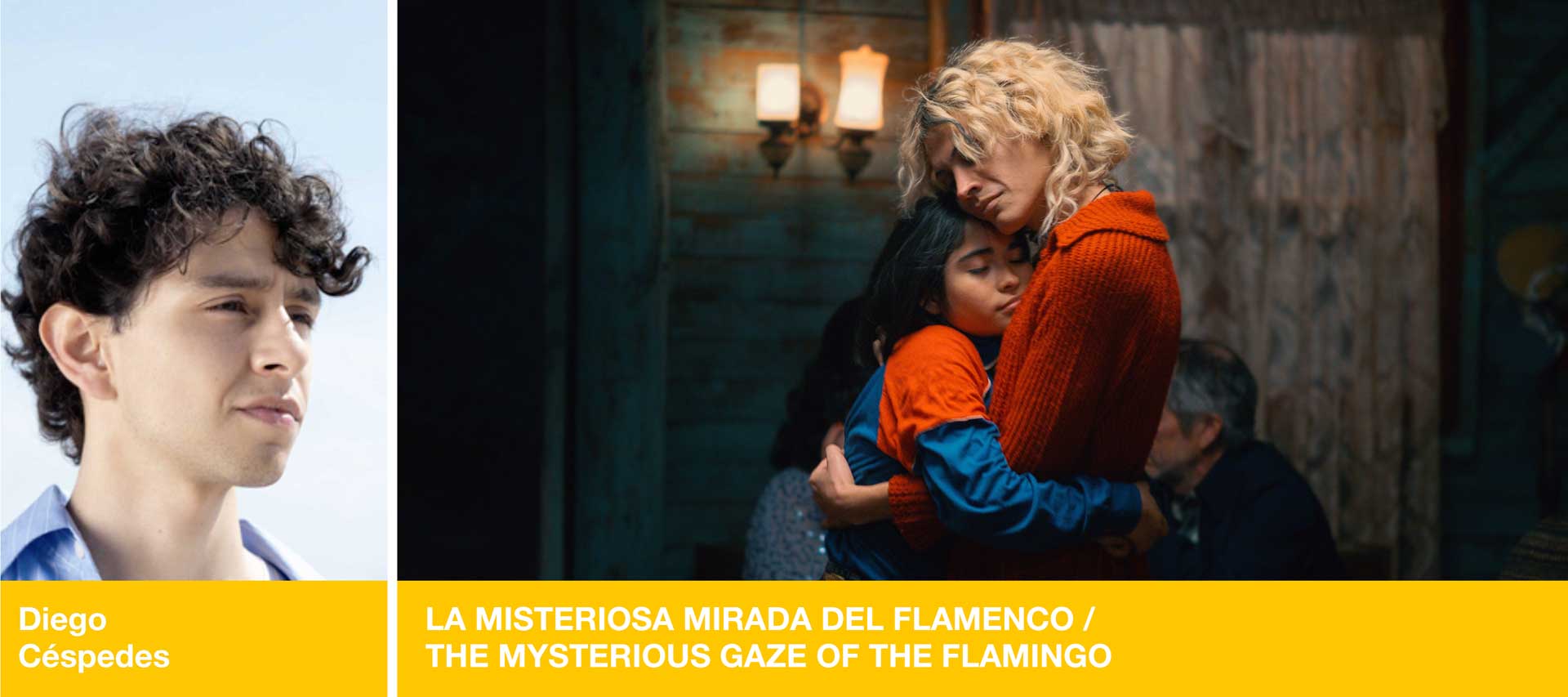
Thirteen contenders for the Sebastiane Award
As usual, the San Sebastian Festival will host presentation of the Sebastiane Award, the recognition by Gehitu of a film in any of the San Sebastian Festival sections to best reflect the values and realities of LGBTIQA+ persons.
Thirteen films compete for the 26th edition of the award: one in the Official Selection (Maspalomas); another in New Directors (Chuzhie Zemli / Foreign Lands); two in Horizontes Latinos (La misteriosa mirada del flamenco / The Mysterious Gaze of the Flamingo and Dolores); four in Zabaltegi-Tabakalera (Duas vezes João liberada / Two Times João liberada, El último arrebato, Estrany Riu / Strange River and Lurker) and five in Made in Spain (¡Caigan las rosas blancas! / White Roses, Fall!, L’edat imminent / The Imminent Age, Miss Carbón / Queen of Coal, Molt lluny / Away and Un hombre libre / A Free Man). The jury will be made up of members of Gehitu, one filmmaker and the singer, screenwriter, actress and artist Samantha Hudson. The winning film will be announced at the Sebastiane Awards ceremony presented in the Bidassoa Taproom on Friday 26th September, at 7pm.
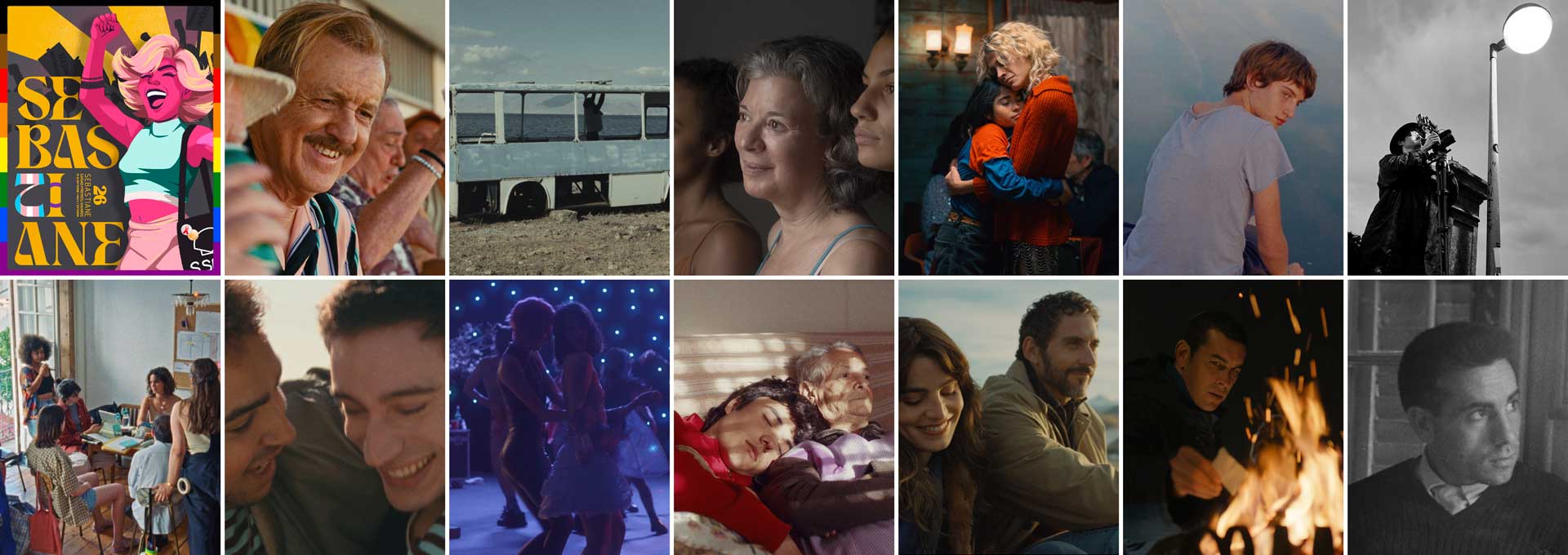
LGBTIQA+ Film Festivals Meeting
On the other hand, in order to continue supporting Latin American LGBTIQA+ cinema, Gehitu and the Festival have organised the usual Meeting of Ibero-American LGBTIQA+ Film Festivals with the collaboration of the Basque Agency for Cooperation and Solidarity through Mugen Gainetik, the Spanish Ministry of Equality and Acción Cultural Española (AC/E). In this 11th edition, the event will bring together 20 competitions from six countries: Argentina, Brazil, Chile, Spain, Mexico and Uruguay.
Outstanding in the customary programme organised by Gehitu and the San Sebastián Festival on the occasion of meeting is the holding of a talk on the distribution and internationalisation of LGBTIQA+ films in the Latin-American audiovisual panorama.
There will also be a plenary session at the meeting on the Challenges of LGBTIQA+ Festivals in 2025: a path to sustainability and legal uncertainty? with the participation of Julio del Valle, General Director for the Real and Effective Equality of LGBTI People (Spanish Ministry of Equality), Camilo Vázquez Bello, Promotion and International Relations Deputy Director of the ICAA (Ministry of Culture), María José Pérez (Ecometraje) and Virgina Yagüe, President of DAMA (Audiovisual Media Copyrights).

Other activities organised in the framework of the meetings to encourage discussion and reflection will be a talk on the Relationship between Human Rights and LGBTIQA+ Festivals led by Josemi Beltrán, Director of the Donostia-San Sebastian Human Rights Film Festival, and a workshop on Diverse and safe festivals: managing space, diverse body representations and intersex with Asmi Ananda Molina (Gehitu and Kaleidos, INTERSEX for Diversity Organisation) and Elena Crimental and Jorge Gonzalo Alonso (ODA, Observatory on Audiovisual Diversity). Likewise, the plenary session at the meeting will discuss Sustainability Strategies looking towards 2029 at Ibero-American LGBTIQA+ festivals with two sustainability consultants specialising in the film industry: Lorena Elso (Ecometraje) and Paloma Andrés Urrutia (Mrs. Greenfilm).
An international LGBTIQA+ Meeting will also be organised for the first time in collaboration with the Photographic Society of Gipuzkoa at its premises on the Paseo Nuevo promenade. As well as opening of the exhibition Ni Naiz Naizena: testimonials on trans and non-binary people, there will be a happening for industry professionals and creative directors.
As usual, the September issue of the Gehitu Magazine will be dedicated to LGBTIQA+ cinema. This year, for the Sebastiane Award poster, Ruben G. Caballero has taken his inspiration from the image of Robin Campillo’s film, 120 battements par minute (120 Beats per Minute). The event will therefore pay homage to HIV activism and to the iconic images of Sylvia Rivera and Marsha P. Johnson, in recognition of the pioneers in the trans activist struggle.
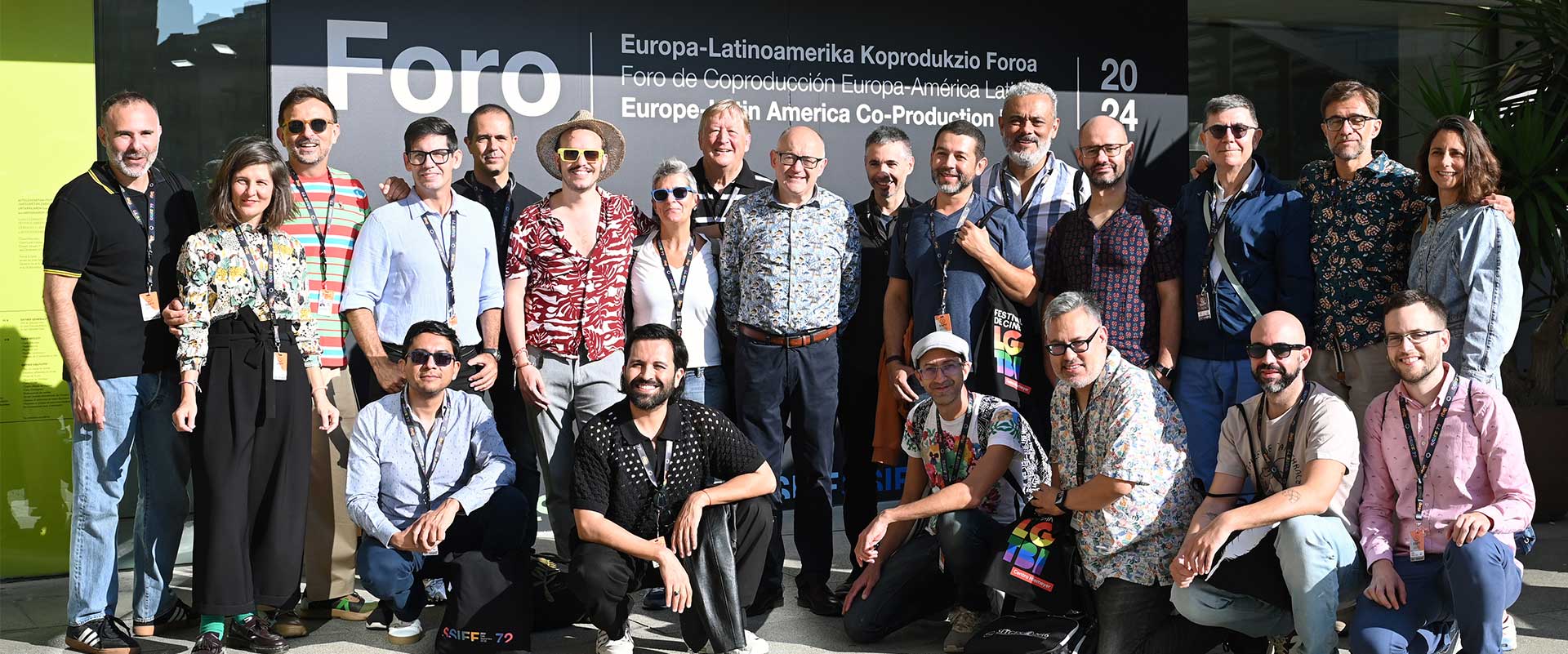
OFFICIAL SELECTION
After breaking up with his partner, 76 year-old Vicente leads life the way he likes it in Maspalomas: he spends his days lying in the sun, partying, and looking for pleasure. An unexpected accident obliges him to return to San Sebastián and to the daughter he abandoned years ago. Vicente will have to live in a retirement home where he finds himself driven back into the closet and to conceal a part of himself that he thought was long resolved. In this new environment, Vicente must ask himself if he has enough time left to make his peace with others… and with himself.
NEW DIRECTORS
Anton, a successful Russian director in his late thirties, feels hollow despite his career, relationship, and friends. Obsessed with casting the perfect actress for his deeply personal film, he flees to foreign lands, trapped in an exhausting, relentless routine. As weeks pass, the producer makes decisions without him. Alone and spiraling, Anton's self-destruction deepens - until an unexpected, wordless connection offers a faint hope of salvation.
HORIZONTES LATINOS
In the early 80s, in the Chilean desert, 11-year-old Lidia is raised by a queer family banished to the outskirts of an unpleasant and dusty mining town. They are accused of causing a mysterious disease that’s starting to spread, said to be passed on through a simple gaze, when one man falls for another. In this modern western, Lidia leads the quest for revenge, taking on the violence, the fear and the hatred, where the family is her only haven and love could be the real danger.
On the eve of her 65th birthday, Dolores has a premonition: her life is about to change. She will own a successful casino. However, her gambling addiction of the past may work against her. Deborah, her only daughter, waits for her boyfriend's release from prison to start a new life, whilst her granddaughter Duda clings to a chance of working in the United States. All three women will strive to make their dreams of a better life a reality, going for it all or nothing.
ZABALTEGI-TABAKALERA
João stars in a biopic about Liberada, a gender-nonconforming figure persecuted by the Inquisition. After the director is mysteriously paralyzed, João faces haunting dreams and struggles to honor Liberada's story.
Arrebato (1980) is the greatest cult movie of today’s Spanish cinema and Iván Zulueta, its director, an accursed filmmaker. Arrebato was the film that forecast the end of the movida, a dark and harrowing reel whose history and intra-history are intimately linked. Arrebato acts as a premonition of the director’s own life. Just like his actors, Zulueta will end up being brought down by drugs and the cinema and, like them, will also disappear.
Sixteen-year-old Dídac travels by bicycle along the course of the Danube with his family. In these hot days, an unexpected meeting changes the direction of the trip: a mysterious boy appears in the water. His enigmatic presence not only awakens something new in Dídac, it also threatens to change the relationship with his family.
When a twenty-something retail clerk encounters a rising pop star, he takes the opportunity to edge his way into the in-crowd. But as the line between friend and fan blurs beyond recognition, access and proximity become a matter of life and death.
MADE IN SPAIN
Violeta, a young film director who, at one stage in her life, made a porn, lesbian and delectable film, is hired to make a mainstream porn movie. Her take on the gender system - cinematic and sexual - prevents her from making it. Together with her girlfriends, she leaves the southern climes of Buenos Aires for the warmth of São Paulo, finding new ways to tell the story on the way. Nothing satisfies her, until she plunges into the Atlantic Ocean for a swim and comes across an island.
Bruno's (18) life is increasingly limited by the growing dependence of his grandmother Nati (86). The young boy juggles between providing her increasingly more intensive care needs, working and spending time with his friends. When he receives a phone call from a public nursing home offering his grandmother a place, Bruno will try to keep the balance in order not to lose the only family he has ever known.
Taking its inspiration from true events, Miss Carbón is a tale of perseverance, passion and dreams that defy gender boundaries. Carlita became the first female miner in a town where women were forbidden from entering the main source of local income: the coal mine. Superstitous belief considered that women meant the threat of cave-ins and that mining work was exclusively for men.
Sergio travels to Utrecht with his family for a football match. Before getting onto the flight back to Barcelona, he has a panic attack and decides to stay in the Netherlands. Unable to come up with a logical explanation for those around him, he cuts all ties with his past. From then on he will have to get by with no money, no home and without speaking the language.
Agustín Gómez Arcos made a name for himself as a playwright in the 50s, but the modern approach and freedom of his work earned him censorship and drove him into exile. In France he became a successful author while remaining a great unknown in Spain. After decades of oblivion, in 2006, the Cabaret Voltaire publishing house started to translate and publish his novels for the first time in our country. Today he has been recovered by a new generation of readers.
